New York Blood Center Abandons 66 Chimps, Leaving Them To Die of Starvation
The News
An institution that conducted experiments on approximately 500 hundred chimpanzees and made a commitment to provide the survivors with lifelong care has abandoned the ones who are still alive, leaving them to die of starvation. The New York Blood Center (NYBC), which tested treatments and vaccines on the great apes at a medical research center in Liberia from 1974 to 2005, has terminated its $30,000/month funding to feed and care for the chimps, who are living on secluded islands near the country’s capital, Monrovia.
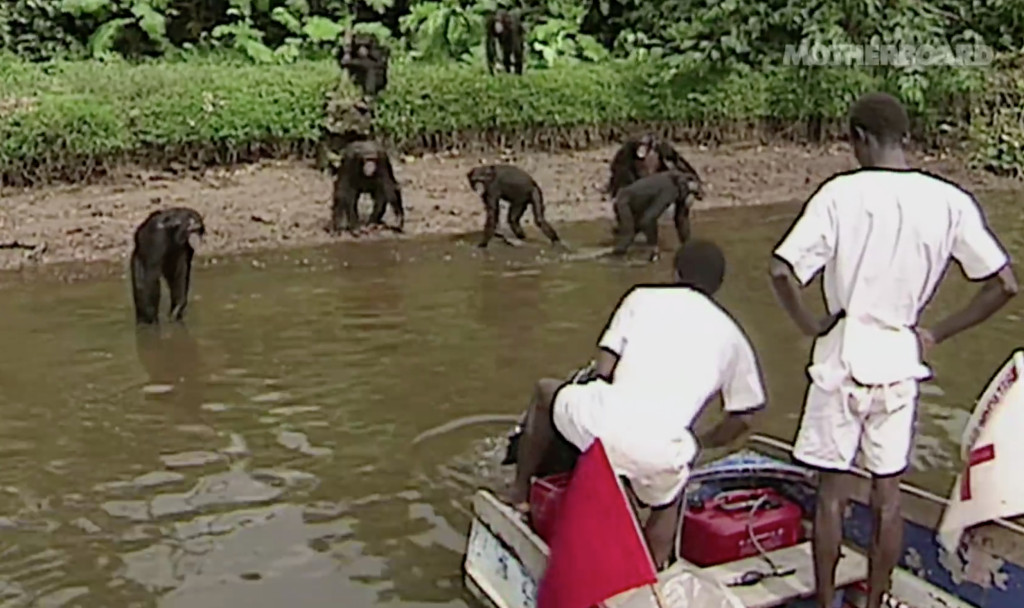
The chimpanzees raised at the NY Blood Center’s research facility are dependent on human caregivers for sustenance (all photos: screenshots The Real Planet of the Apes)
NYBC, which has reportedly earned over $500 million in royalties for discoveries made at the chimp research center, has neither denied the allegations nor responded to repeated inquiries from advocacy groups around the world.
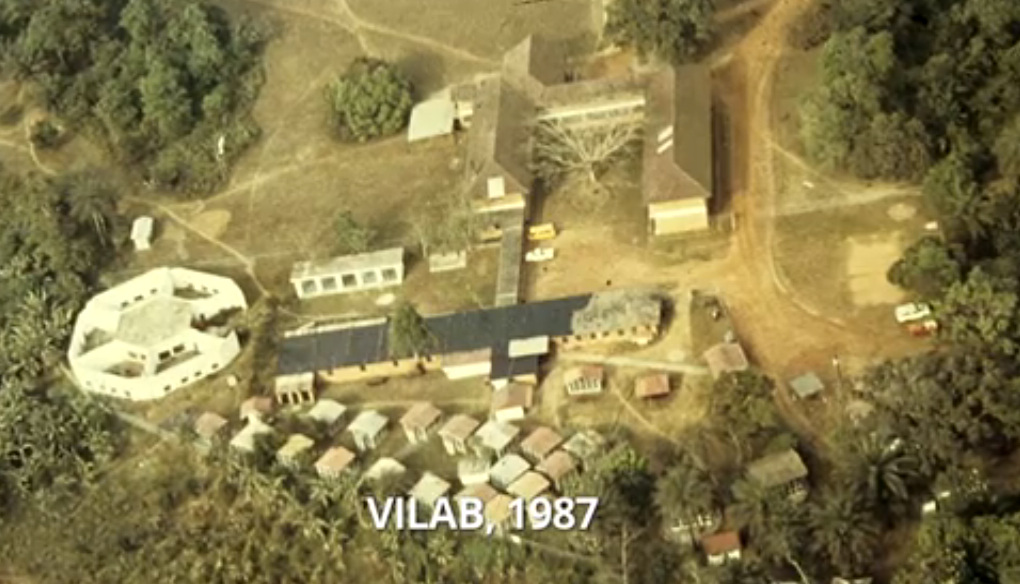
The NY Blood Center experimented on chimpanzees at the Liberia Biomedical Research Institute from 1974 – 2006.
According to Dr. Fatorma Borlay, the current head of the facility where the experiments were conducted, the New York Blood Center “left [the chimps] to die of starvation.” Another advocate with local contacts says that the situation is “totally desperate,” as chimps could very well perish if the Blood Center doesn’t resume funding. As a stop gap measure, some of the chimps’ caretakers have, as volunteers, continued to travel to the islands to provide the chimps with limited amounts of food purchased with money donated by the Humane Society of the United States and other groups and individuals.
In 1974, the New York Blood Center launched its chimp research program on the grounds of the then defunct Liberian Institute for Biomedical Research. According to Betsy Brotman, who directed the program, Liberia was chosen because of the availability of the facility; the cooperation of the government; and the large number of chimps who could no longer be kept by locals as pets.
In 1984, Ms. Brotman acknowledged the obligation of the New York Blood Center to provide the chimps with a humane retirement: ”It’s our responsibility to try to pay them back by letting them live out their lives in their natural environment.” She repeated the assertion in The Real Planet of the Apes, a 2014 documentary film about her research and the islands on which the chimps were retired: “If you’re going to do work in chimpanzees, you should set up a system so that at the end of the research they have a place where they can . . . live a nice chimp life to the best of whatever is available.”
Under Ms. Brotman’s leadership, the New York Blood Center released the chimps onto six islands near Monrovia where they would be safe from human predators and where employees from the research facility who knew them could provide them with lifelong care. “That’s what we agreed upon doing, and we did it,” said Brotman in The Real Planet of the Apes.
Advocates, who speculate that the Blood Center used the distraction of the Ebola epidemic as an opportunity to discreetly extricate itself from its commitment, have staged two disruptions inside of the lobby of the organization’s headquarters.
UPDATE: The NY Times and Motherboard have picked up the story and provided more detailed information about the plight of the chimps and the decision by the NY Blood Center to abandon them. In addition, Jane Goodall sent an open letter to the NY Blood Center demanding that it reinstates the funding.
Your Turn
Please participate in the call to action and join the Facebook page: New York Blood Center: Do the Right Thing.
Filed under: Experimentation
Tagged with: chimpanzees, chimps, Liberia, New York Blood Center, vivisection



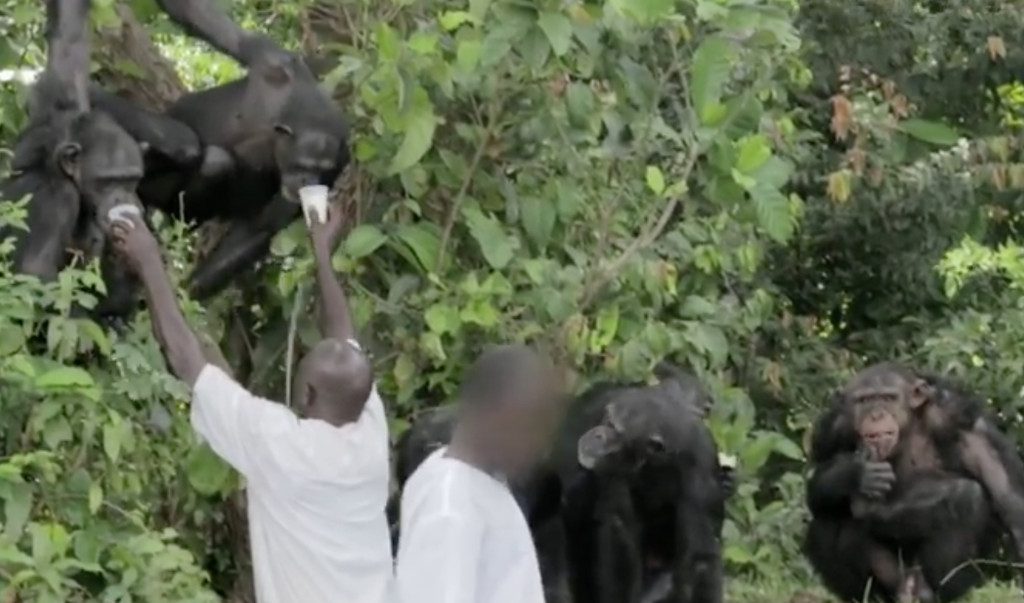
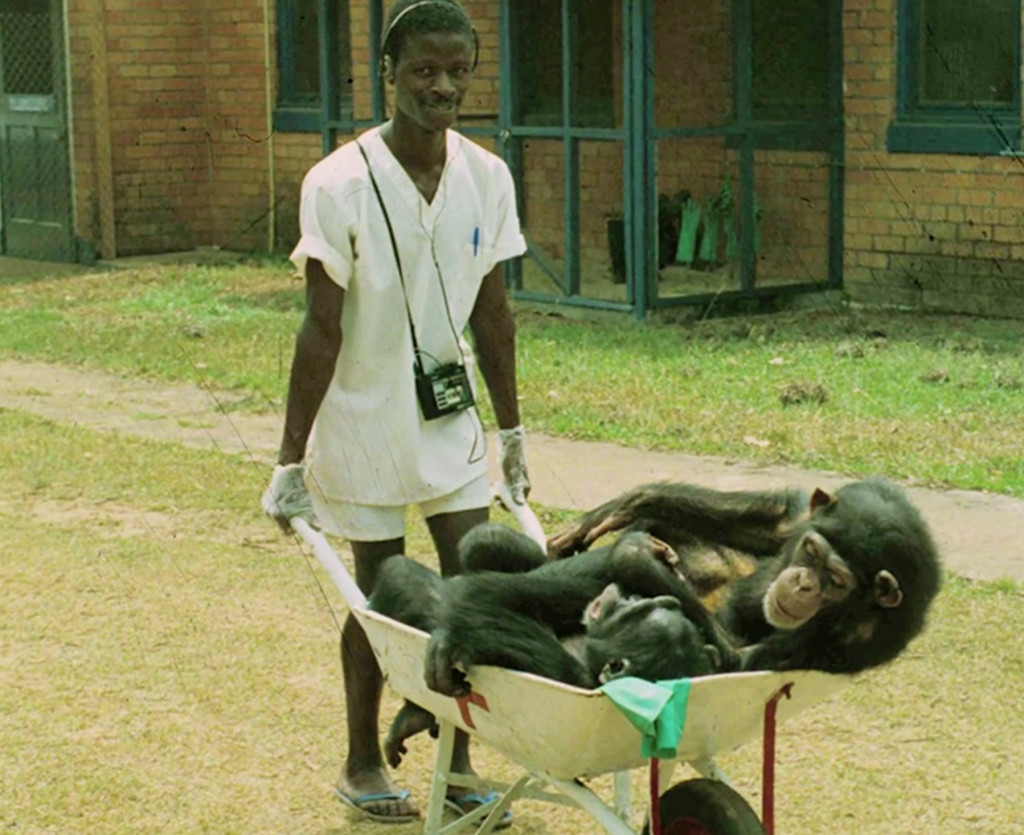
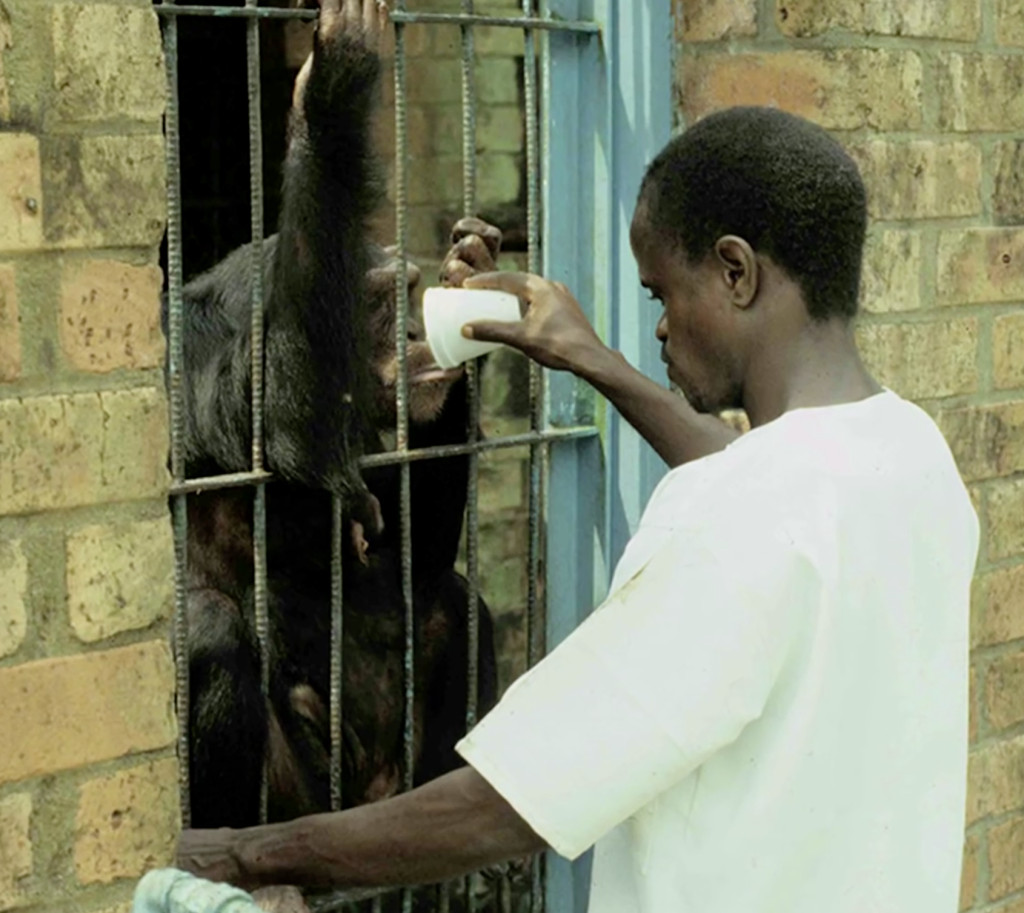
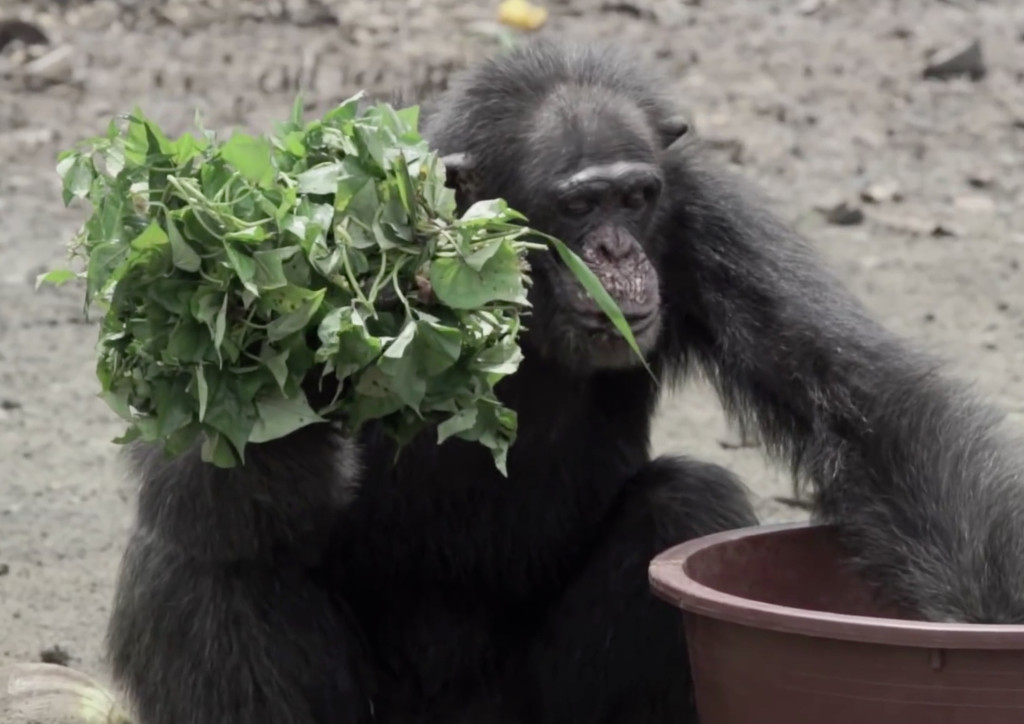
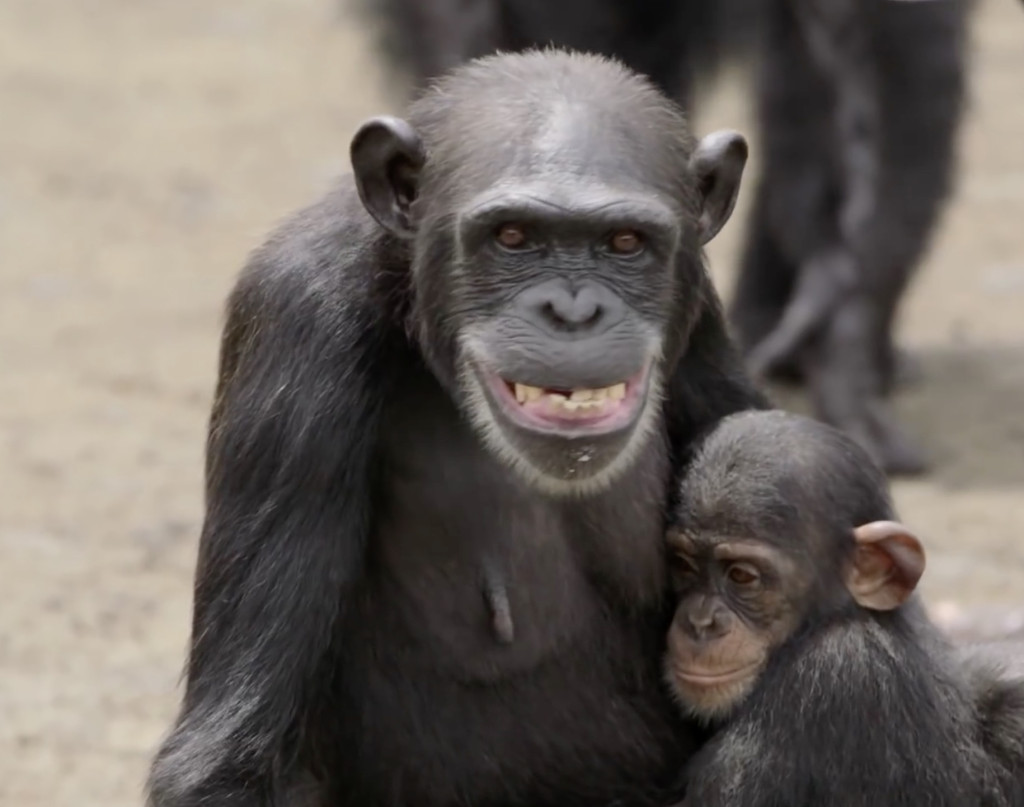

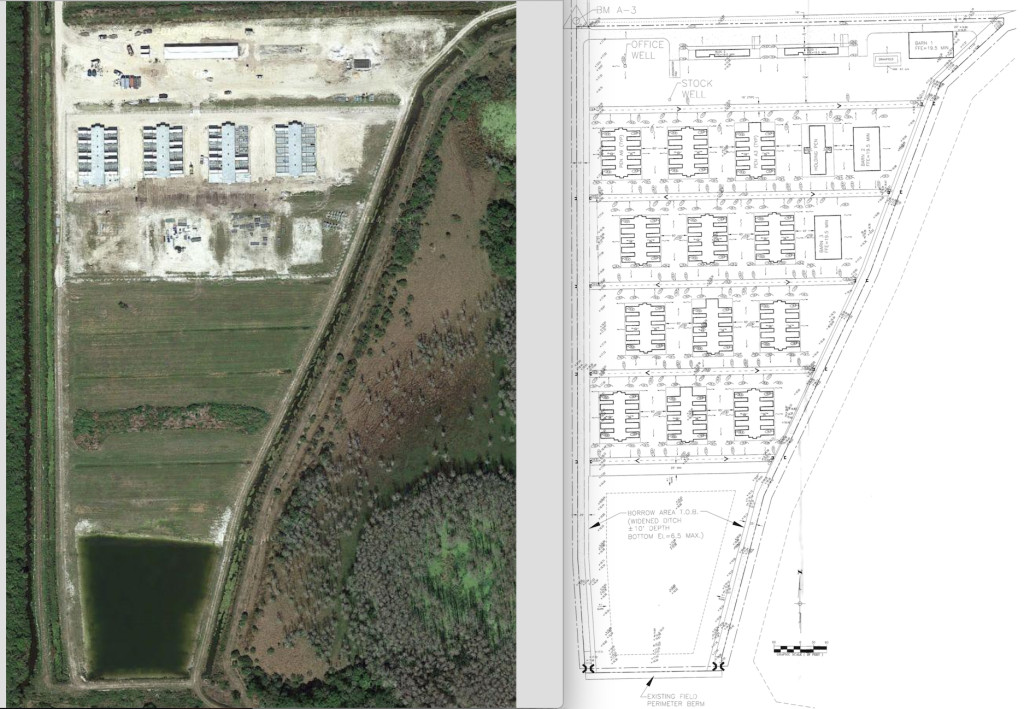
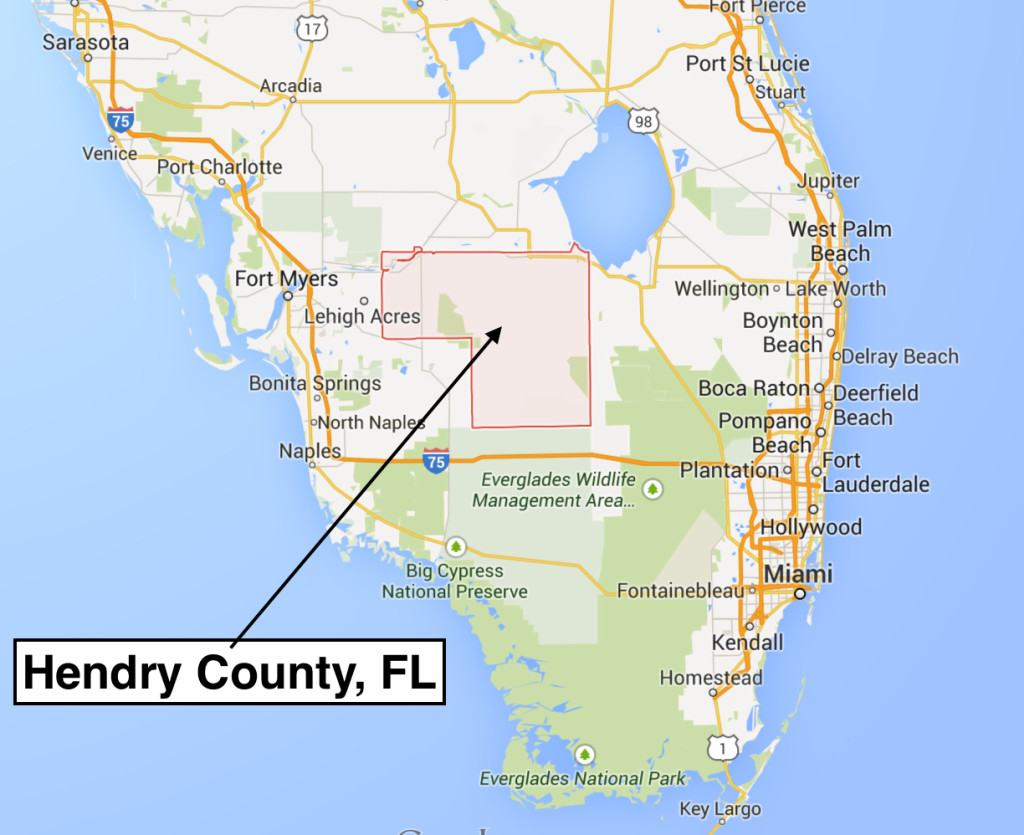
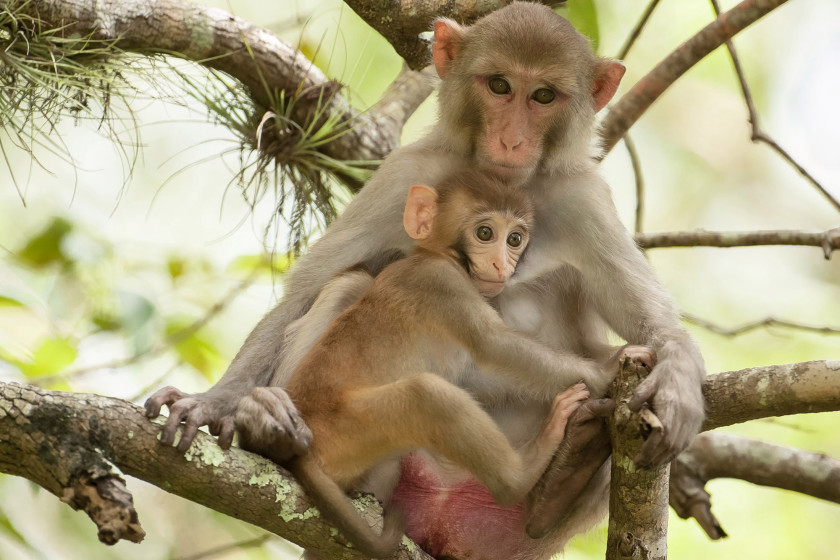
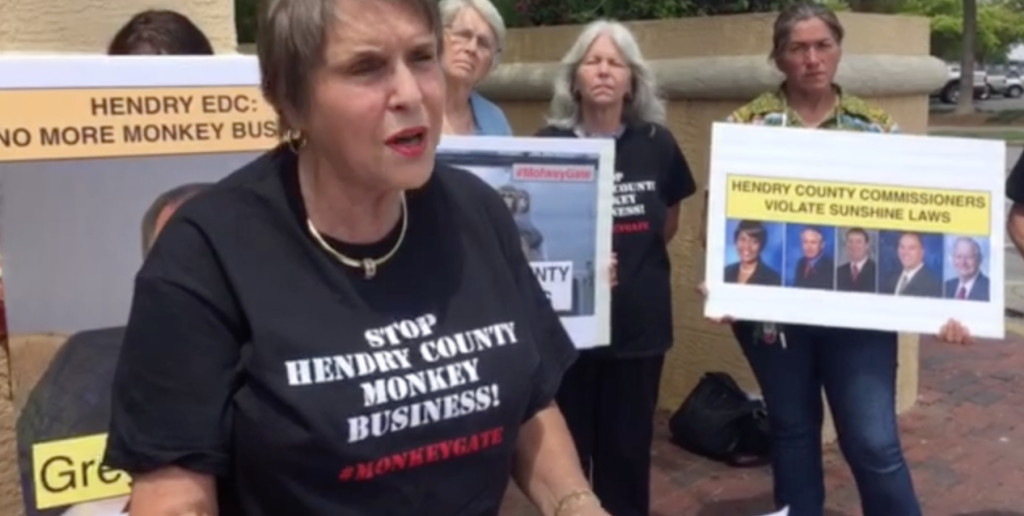
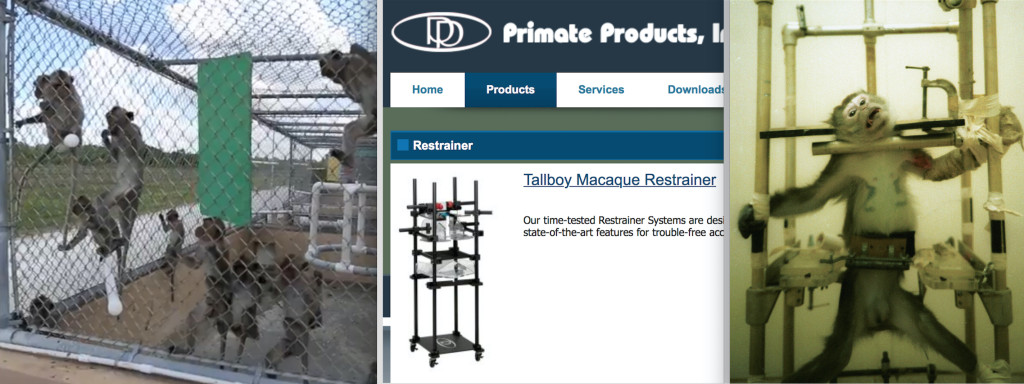
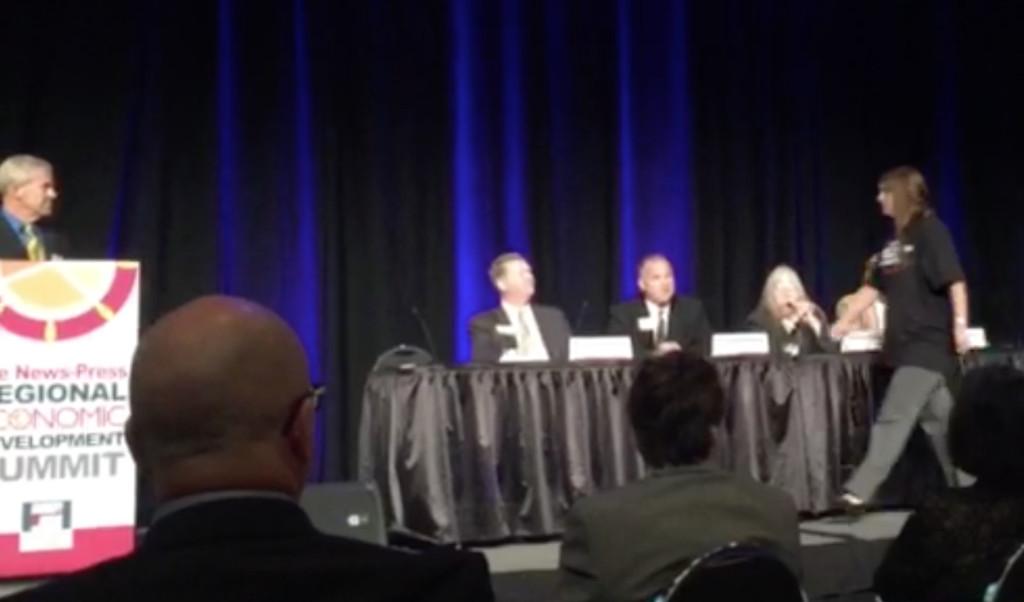
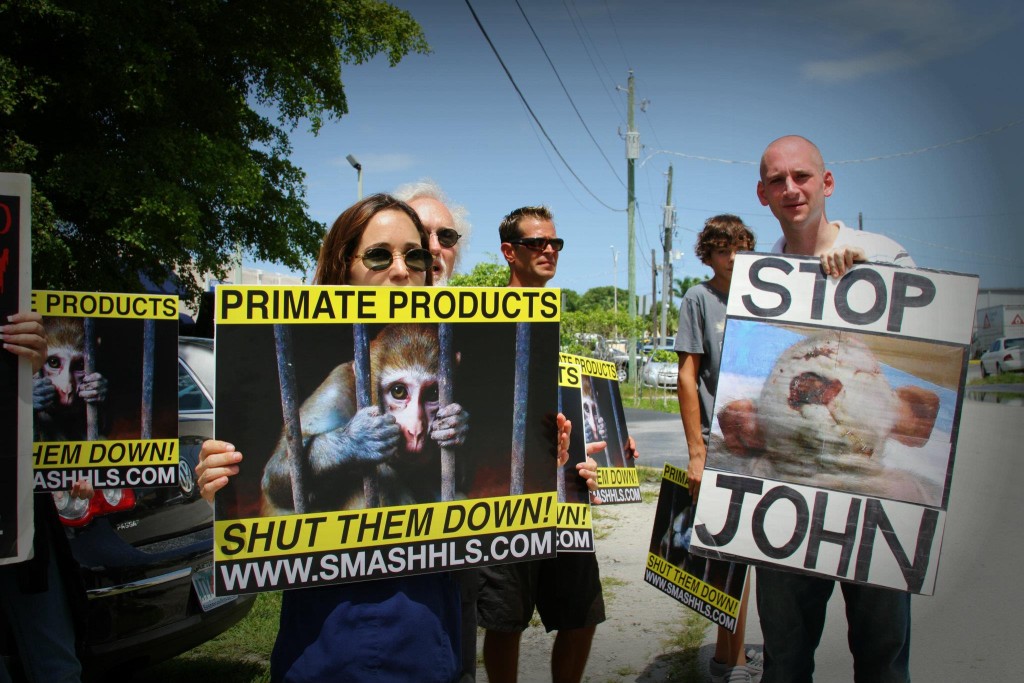
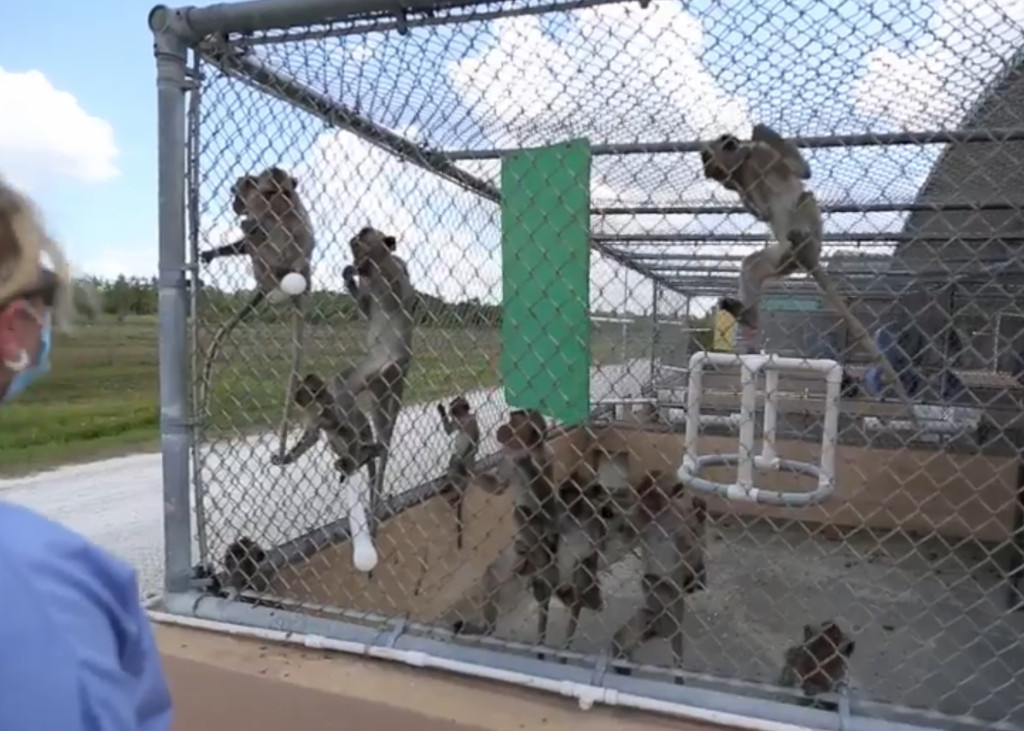
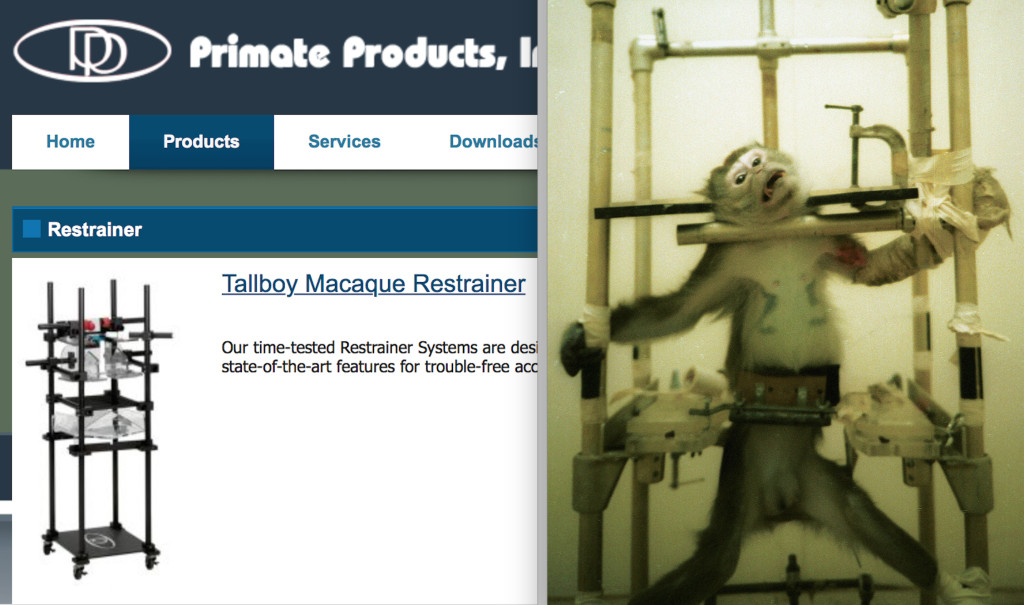
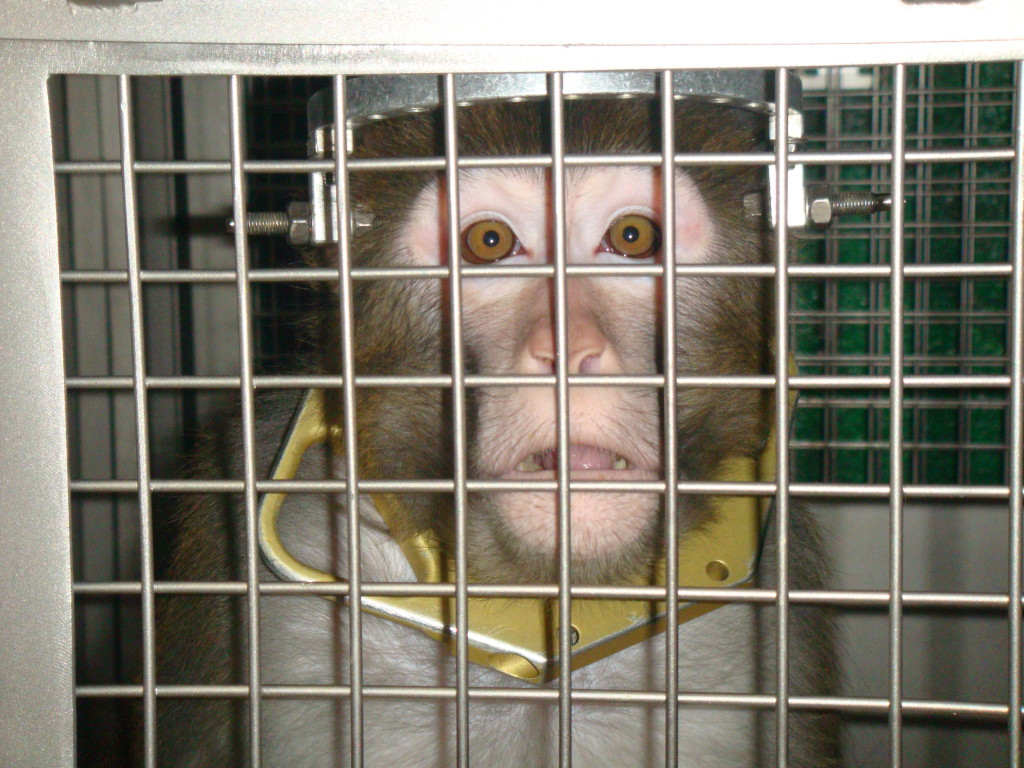
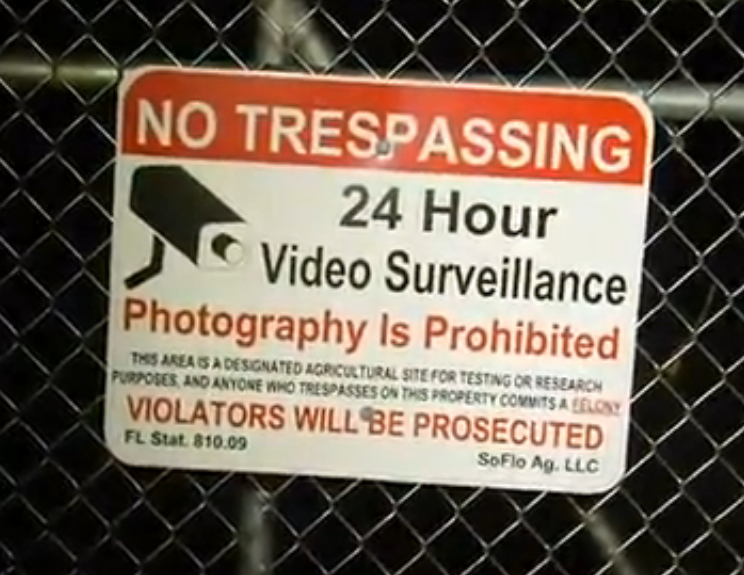
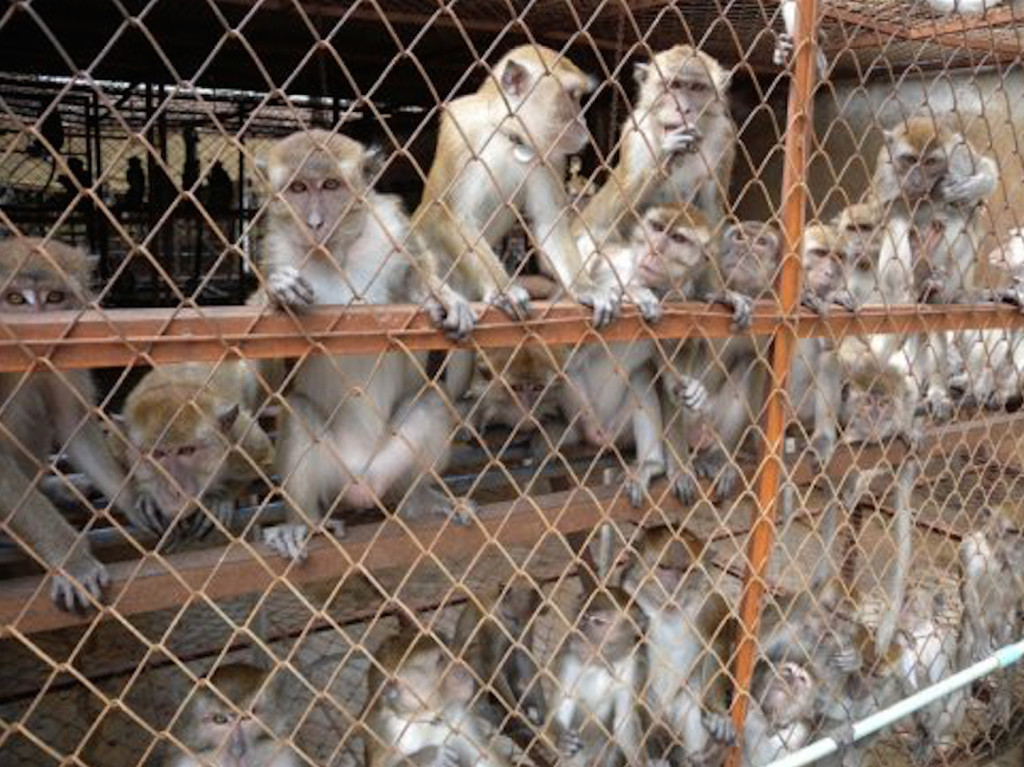
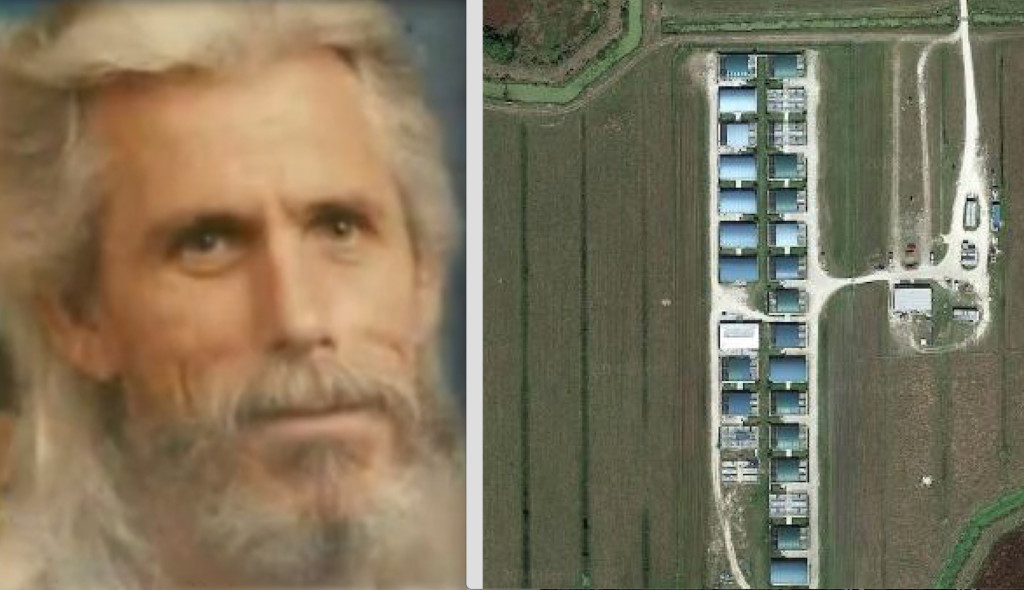
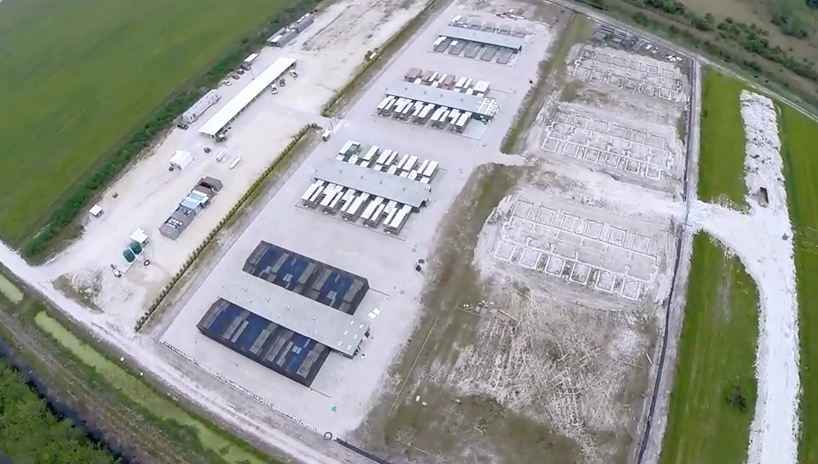
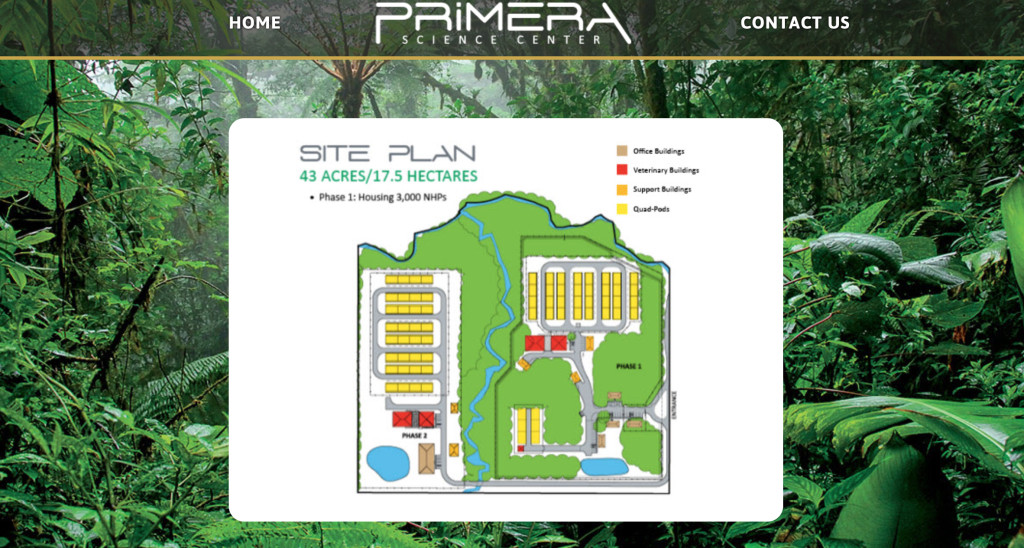
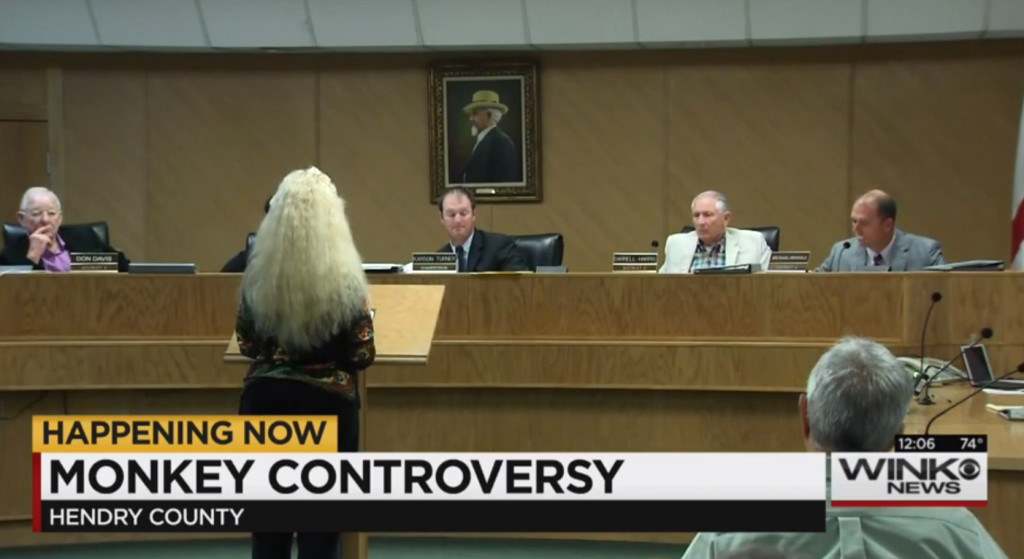
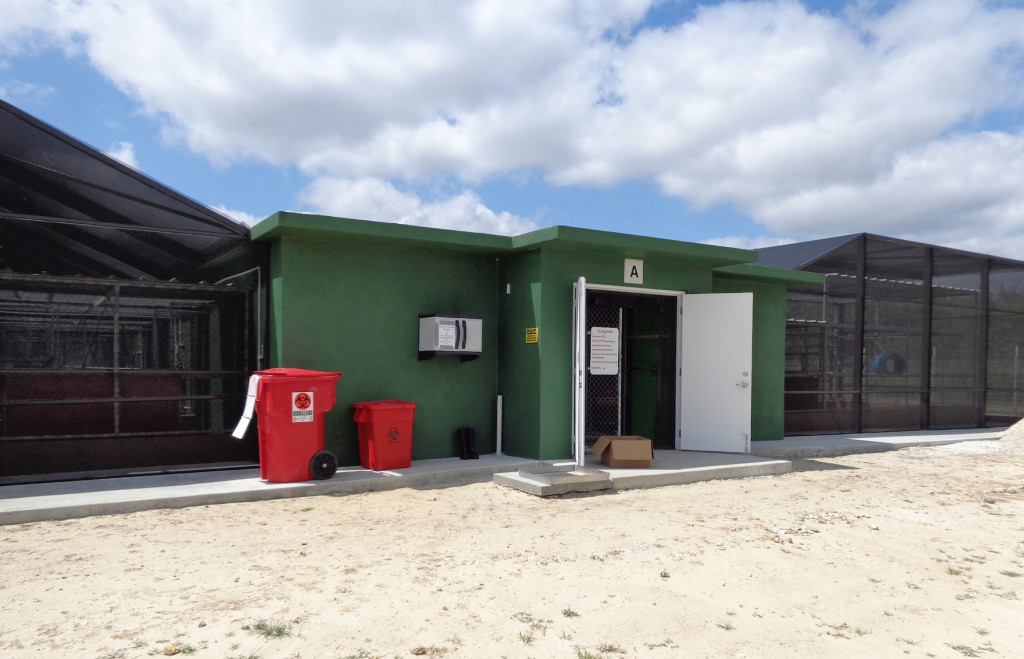
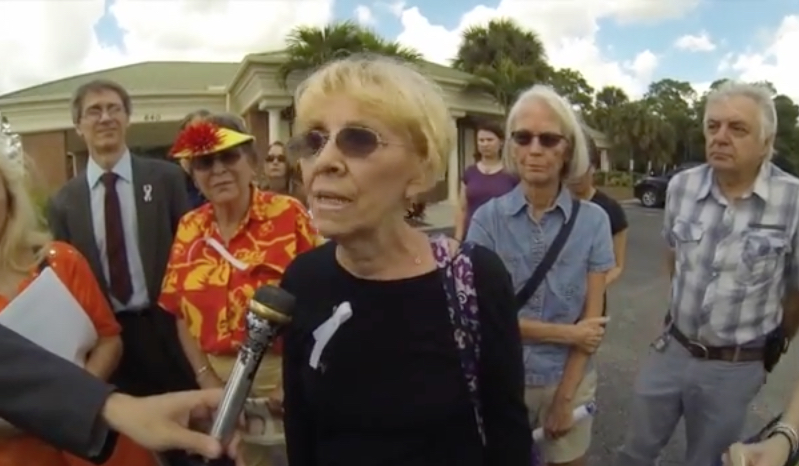
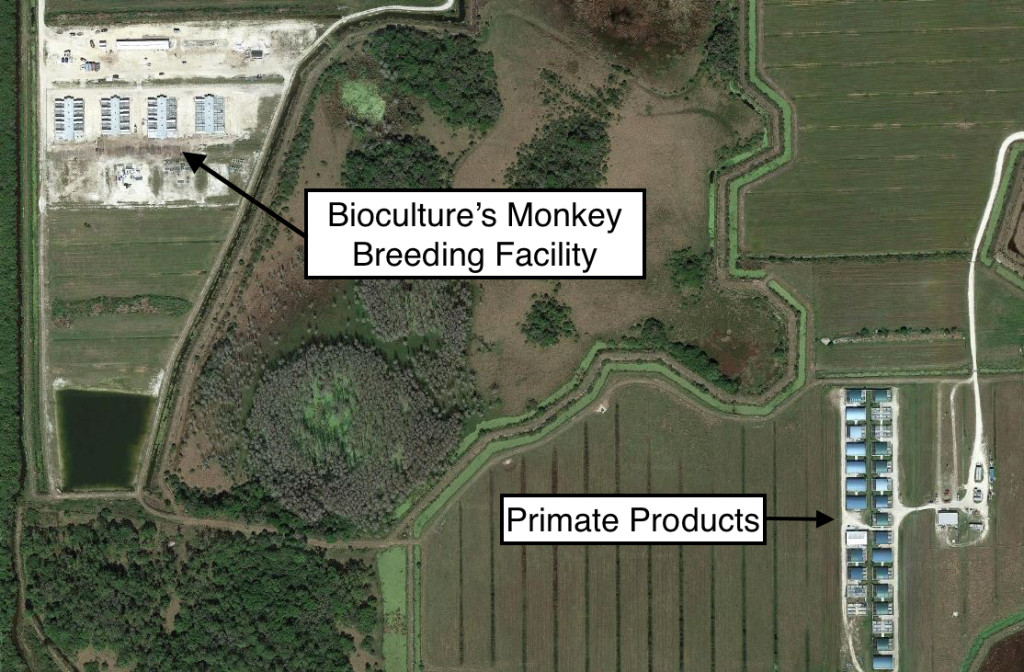
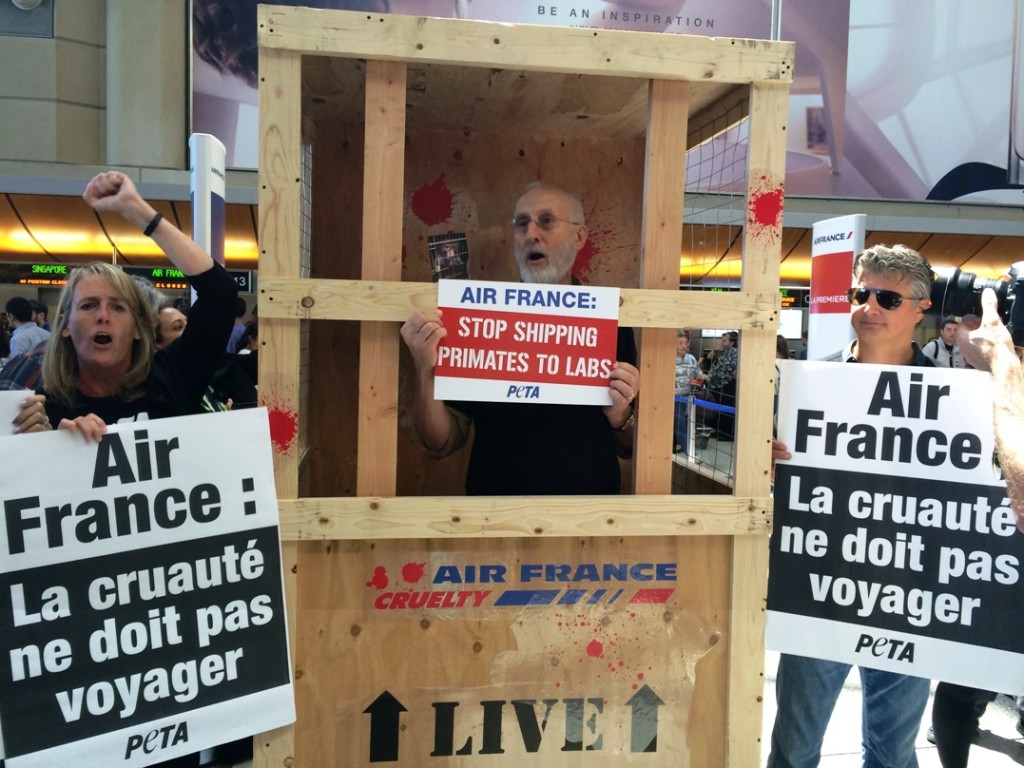


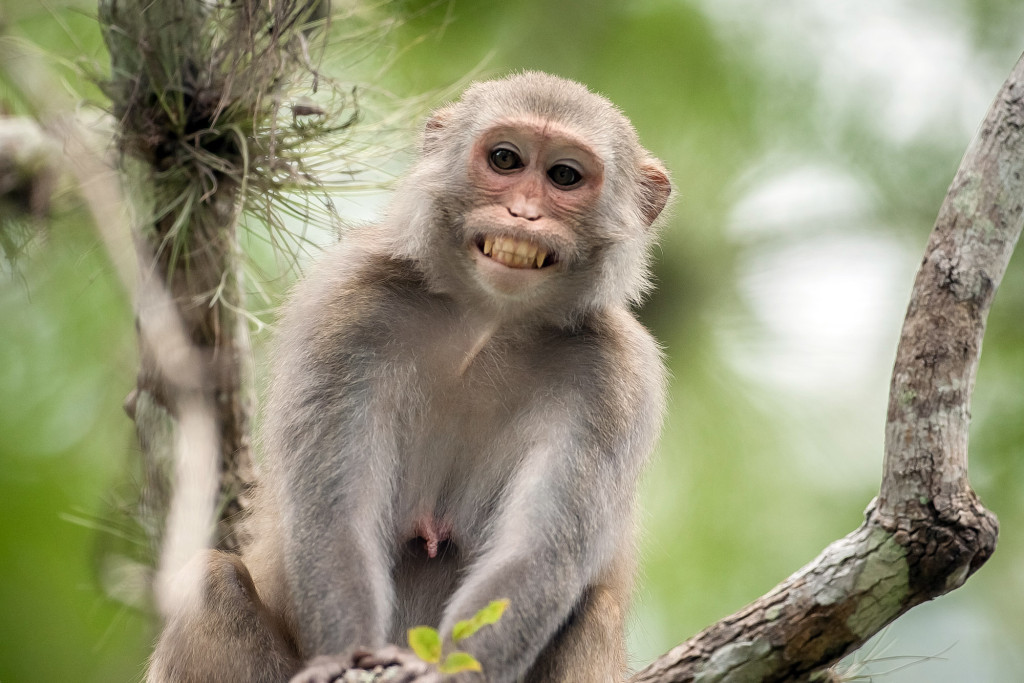
Follow Their Turn